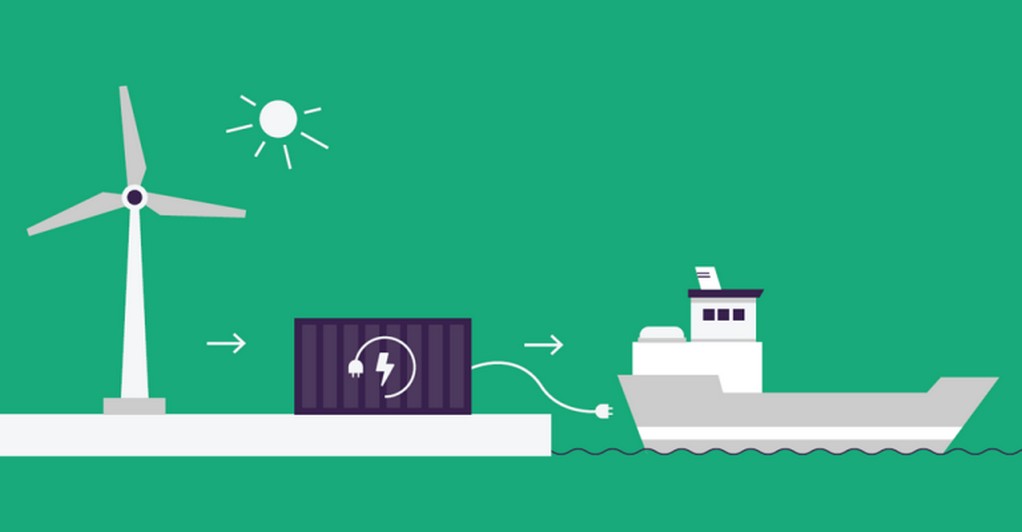Chief executives and leaders of 12 major ports in the World Port Climate Action Program (WPCAP) have agreed to extend their cooperation with a new focus on shore power, new fuels and green shipping corridors.
The agreement reached at a meeting in Rotterdam on the occasion of the first five years of the program will see work continued toward faster adoption of shore power at ports, helping to reduce emissions of CO2 and pollutants while ships are at berth.
The second focus area for WPCAP in the coming years is to facilitate the bunkering and adoption of cleaner fuels. The ports have worked with the IAPH Clean Marine Fuels working group to create a Port Readiness Framework, a self-assessment and communications tool that allows various stakeholders to understand the different levels of research, development and deployment of new fuels at ports around the world. The tool is expected to be ready for voluntary use by ports towards the end of the year.
Green corridor initiatives are seen as key to facilitate the deployment of fuels in practice, particularly on longer international shipping routes.
WPCAP member ports are already part of five green corridor initiatives, spanning routes from Singapore and Shanghai to Los Angeles, Vancouver and Rotterdam. The members agreed to enable the deployment of more low- and zero carbon vessels along these routes in the coming years.
WPCAP is a cooperation of international ports that exchange best practices and act as front runners in reducing emissions from the shipping industry. Members are the ports of Antwerp – Bruges, Barcelona, Gothenburg, Hamburg, HAROPA PORT (Le Havre – Rouen – Paris), Long Beach, Los Angeles, New York / New Jersey, Rotterdam, Valencia, Vancouver and Yokohama.
Tags: CEOs, Climate Action, Ports, WPCAP



Recent Posts
Scandlines Nears Delivery of Zero Emissions Ferry Following Successful Sea Trials
India faces emission roadblocks with rising net-zero demands
Green Energy Resources invests in two electric Liebherr LHM 550
NYK Launches Continuous Use of Bio LNG Fuel on Car Carriers to Advance Decarbonization Goals
Yang Ming Expands Fleet with Methanol and LNG Dual-Fuel Vessels Under Fleet Optimization Plan
ClassNK Advocates Speed Gap Monitoring to Optimize Fuel Efficiency in Heavy Weather
Wärtsilä’s retrofit package for the Corsica Linea ferry Pascal Paoli has resulted in fuel savings of up to 22 percent Corsica Linea
COSCO Shipping Names Second Methanol Dual-Fuel Containership in Yangzhou